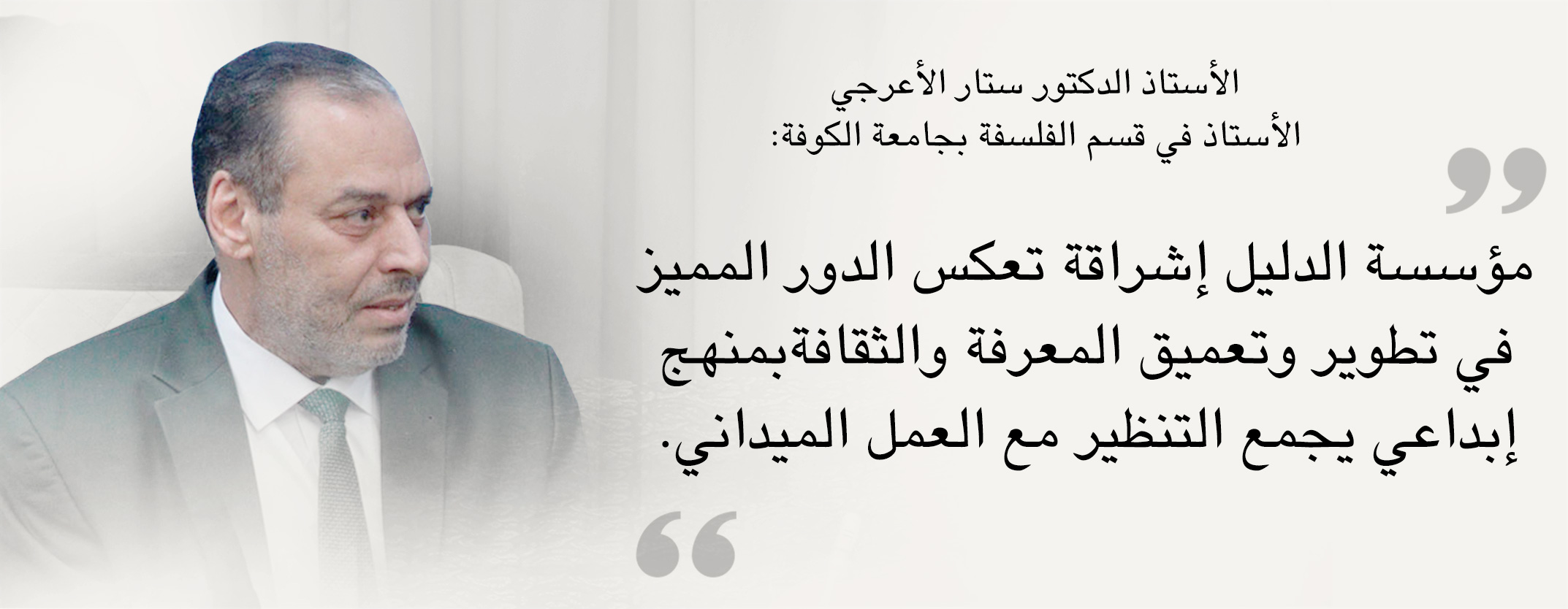
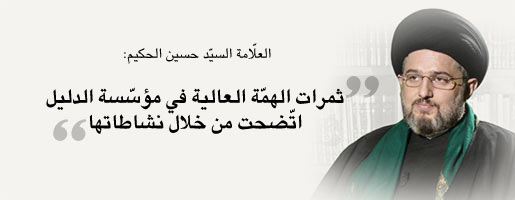
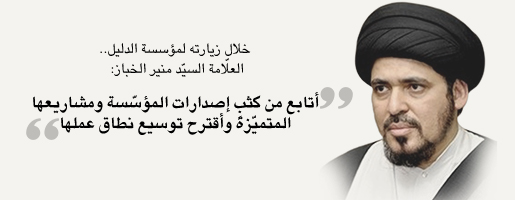
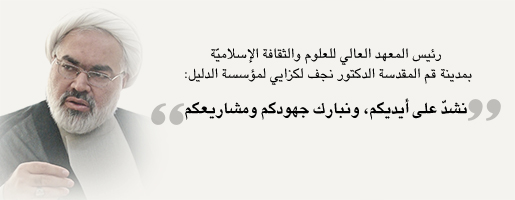
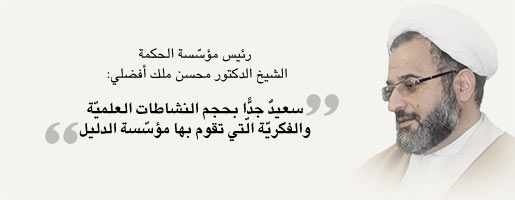
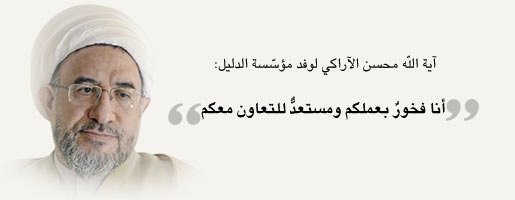
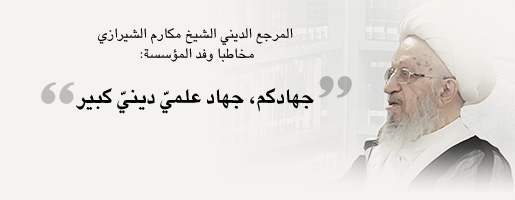
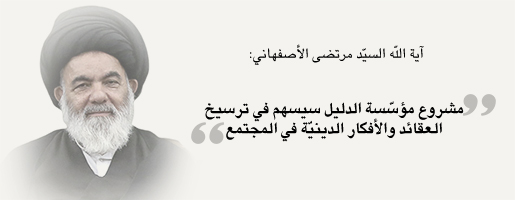
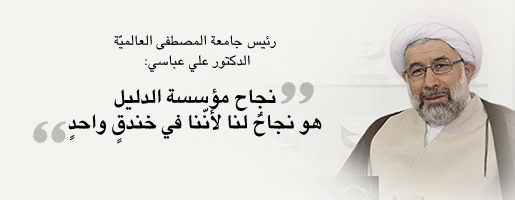
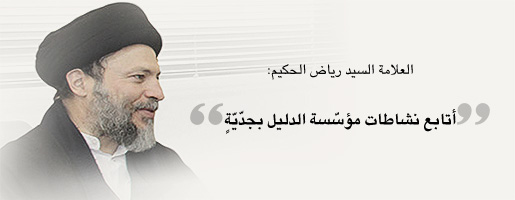
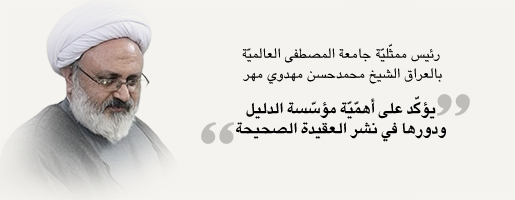
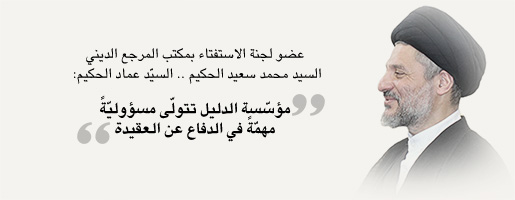
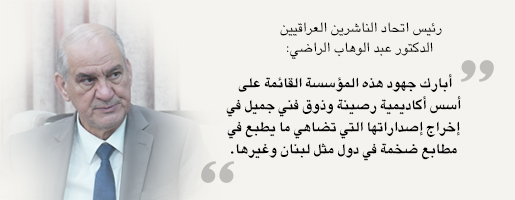
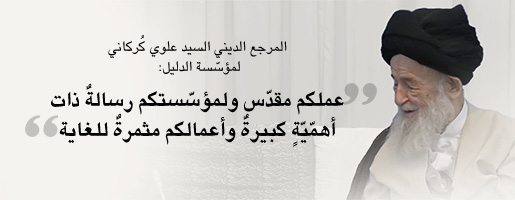
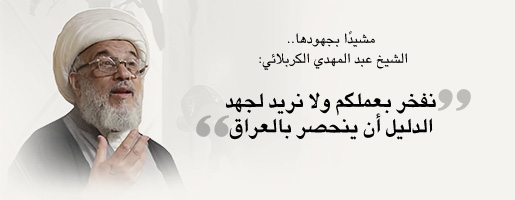
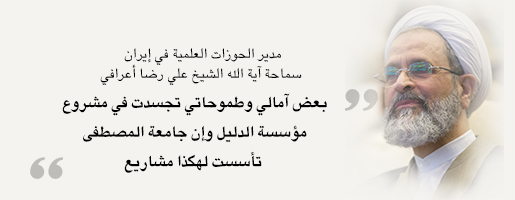
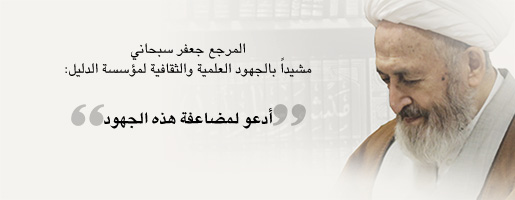
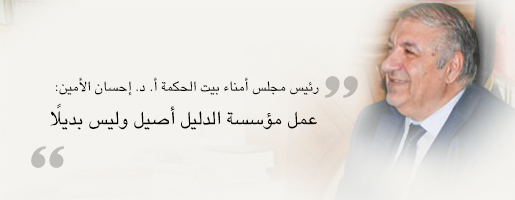
Mohammad Baqir al-Khirsan
One of the most prominent Lebanese authors and men-of-letters, Sheikh Muhammad Jawad Mughniyah was such a prolific writer who authored a very big quantity of books. His writings were so multifarious that contributed greatly to enriching the Islamic library with books on various Islamic sciences and fields of knowledge.
The author wrote a series of books on some Islamic creeds. He thus explained, defended, and refuted the spurious arguments that were aroused about some Islamic beliefs and creeds, depending mainly on reason-based and rational points of evidence. This series included five researches, or booklets, that were first published independently under these titles: 1. God and Intellect, 2. Prophethood and Intellect, 3. The Hereafter and Intellect, 4. Imam Ali's Divinely Commissioned Leadership and Intellect, and finally 5. The Awaited Mahdi and Intellect.
Later on, these five independent small books were gathered in one book and then published under the title: Islam and Intellect.
An elaborate discussion of this all-comprehensive books requires very much time and effort; therefore, the writer of the current essay has decided to investigate, survey, and analyze one of the five topics of the book; namely, God and Intellect.
The title of the book obviously demands that the author depended on the rational approach for proving validity and soundness of the basic beliefs of Islam. Moreover, the author even emphasized on this approach, declaring that he would not resort to any other approach. In his introduction to God and Intellect, the author wrote: “Upon my determination on writing this book, I took upon myself to commit to the judgment of reason, considering it to be my one and only pioneer; so, I entitled the book: God and Intellect, trying my best not to swerve even one inch from what this title suggests. In fact, we in the present day need more urgently than any other time for posing and discussing such an important topic, since the trend of atheism is now controlling over all things and extending irrepressibly to all corners.” [p. 11]
The author’s stress on this approach was also declared in his introduction to the book: Islam and Intellect, which included his book under discussion: God and Intellect. In the introduction, Sheikh Mughniyah wrote: “The Holy Prophet is reported to have said: ‘The origin of my faith is intellect.’ Thus, the religion brought by Muhammad is based on three posts; belief in God, belief in Prophethood, and belief in the Hereafter. Imamate (i.e. the Divinely ordained leadership of certain persons) is a branch of the principle of prophethood, because it represents a general leadership of all mundane and religious affairs received from the Holy Prophet as succession to him… I have thus written a series of books in which I provide rational and reason-based points of evidence to prove the accuracy, validity, and authenticity of the principles and primary cornerstones of Islam… through easy-to-understand and obvious statements, thus trying to avoid whatever may intercept sound understanding and is rejected by good reason.”
From this introduction, it is understood that the author’s methodology in the book is purely demonstrative and rational, although he elsewhere provided some texts, thus depending upon the narrative methodology. Yet, that was because certain issues required resorting to some narrations and reported texts. However, in his book: God and Intellect, the author committed absolutely to the pure rational methodology for proving his viewpoint.
